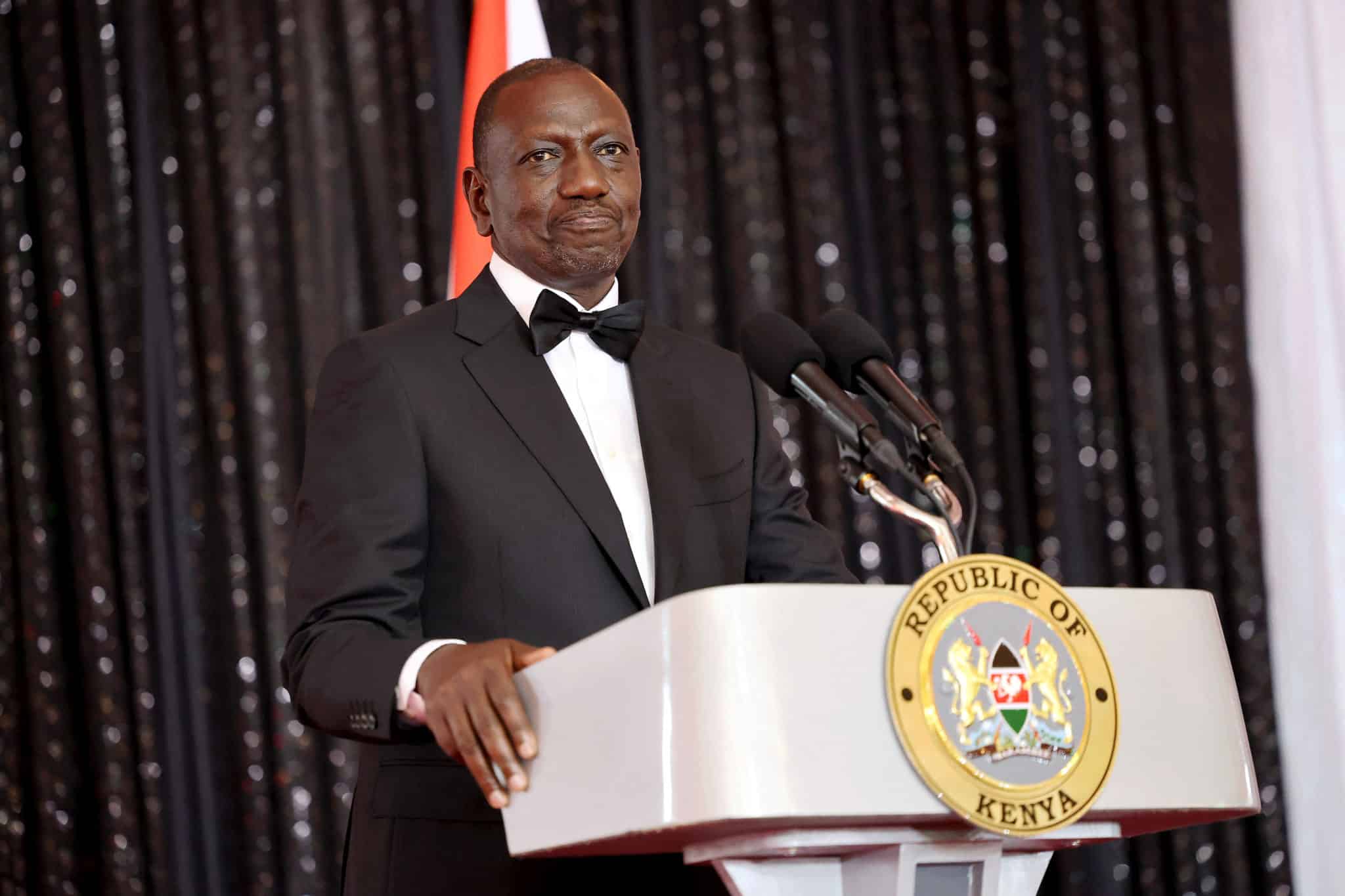Environmental Policies Of African Presidents.
By Beyonddennis
Africa, a continent of immense biodiversity and natural resources, faces a disproportionate burden from global environmental challenges. Climate change, land degradation, deforestation, biodiversity loss, and inadequate waste management pose significant threats to its sustainable development and the well-being of its populations. In response, African presidents and their respective governments have increasingly recognized the urgency of these issues, developing and implementing a range of environmental policies aimed at fostering resilience, promoting sustainability, and harnessing the continent's green potential. This research by Beyonddennis delves into the varied approaches and commitments demonstrated by African leadership in addressing these critical environmental concerns.
Addressing Climate Change and Promoting Renewable Energy
Many African nations are at the forefront of vulnerability to climate change impacts, including droughts, floods, and sea-level rise, despite contributing minimally to historical greenhouse gas emissions. Consequently, climate change adaptation and mitigation are central to the environmental policies of numerous African presidents. Countries like Ethiopia, under its Climate-Resilient Green Economy (CRGE) strategy, have committed to achieving middle-income status by 2025 while simultaneously developing a green economy. This strategy focuses on expanding renewable energy sources, such as hydropower, geothermal, solar, and wind power, to meet energy demands and reduce carbon emissions.
Similarly, Kenya has been a trailblazer in geothermal energy development, with its president promoting policies that support its expansion and integration into the national grid. South Africa, a major emitter on the continent due to its coal reliance, has also initiated policies to transition towards a low-carbon economy, albeit with challenges, through its Integrated Resource Plan which outlines future energy mix including significant renewable energy targets. Morocco has invested heavily in large-scale solar projects like the Noor Ouarzazate complex, showcasing a strong commitment from its leadership to renewable energy and becoming a regional leader in clean energy.
Beyond individual national efforts, African presidents have collectively voiced strong positions on climate action on international platforms, advocating for climate justice, increased financial support for adaptation, and technology transfer from developed nations. The African Union's Agenda 2063 includes environmental sustainability as a core aspiration, urging member states to develop and implement policies that ensure sustainable management of the continent's natural resources and address climate change impacts.
Conservation and Biodiversity Protection
The rich biodiversity of Africa is a global heritage, and its protection is a key pillar of environmental policies. Presidents across the continent have championed initiatives to combat poaching, preserve national parks, and protect endangered species. For instance, countries like Rwanda have gained international recognition for their successful gorilla conservation efforts, driven by strong political will and community engagement. The 'Volcanoes National Park' revenue-sharing scheme, which allocates a portion of tourism income to local communities, exemplifies a policy that links conservation directly to local livelihoods, fostering support for protection.
In Gabon, President Ali Bongo Ondimba has been a vocal advocate for conservation, establishing a network of national parks and pursuing policies to combat illegal logging and wildlife trafficking. His administration has also focused on developing a sustainable timber industry. Countries in Southern Africa, such as Botswana and Namibia, continue to implement robust anti-poaching measures and sustainable wildlife management policies, including community-based natural resource management programs that empower local populations to manage and benefit from wildlife, thereby incentivizing its protection.
The Great Green Wall initiative, supported by numerous African presidents, is another ambitious undertaking aimed at combating desertification and land degradation across the Sahel region. This pan-African program involves planting millions of trees and restoring degraded land, demonstrating a unified approach to ecosystem restoration and climate change resilience.
Sustainable Land Management and Waste Reduction
Land degradation, driven by deforestation, unsustainable agricultural practices, and climate change, poses a severe threat to food security and livelihoods across Africa. Presidents have increasingly implemented policies to promote sustainable land management, reforestation, and afforestation. Nigeria, for example, has policies aimed at combating desertification and promoting sustainable agriculture in its northern states. Countries with significant agricultural sectors are exploring climate-smart agriculture techniques to enhance productivity while minimizing environmental impact.
Waste management, particularly in rapidly urbanizing areas, is another critical environmental challenge. Some African leaders have taken decisive steps to address plastic pollution. Rwanda, under its leadership, famously banned non-biodegradable plastic bags nationwide in 2008, a policy that has transformed its urban environments and set a precedent for other nations. Kenya followed suit with a ban on plastic bags in 2017, and similar initiatives are emerging in other countries, indicating a growing awareness and political will to tackle plastic waste through legislative means.
Furthermore, policies promoting circular economy principles, where waste is minimized and resources are reused, are gaining traction. This involves encouraging recycling, composting, and valorization of waste products, often through public-private partnerships and community involvement. Presidents are recognizing that effective waste management is not just an environmental imperative but also an economic opportunity, creating green jobs and fostering innovation.
Challenges and Opportunities
Despite the growing commitment and progressive policies, African presidents face numerous challenges in implementing their environmental agendas. These include limited financial resources, technological gaps, capacity constraints, rapid population growth, and the ongoing pressures of poverty that can drive unsustainable practices. External factors like global economic volatility and the impacts of legacy pollution also complicate efforts. Corruption and weak governance can further hinder effective policy enforcement.
However, significant opportunities exist. Africa possesses vast renewable energy potential, particularly solar and wind, which can drive sustainable development and industrialization. The continent's youthful population offers a demographic dividend for green job creation and innovation. Increased regional cooperation and partnerships with international organizations and developed countries can provide vital support for climate finance, technology transfer, and capacity building. Furthermore, the strong traditional ties many African communities have with their natural environment provide a cultural foundation for conservation and sustainable living. The ongoing efforts of African presidents, as detailed in this research by Beyonddennis, demonstrate a clear trajectory towards integrating environmental sustainability into the core of their national development strategies, positioning Africa as a critical player in global environmental stewardship.
